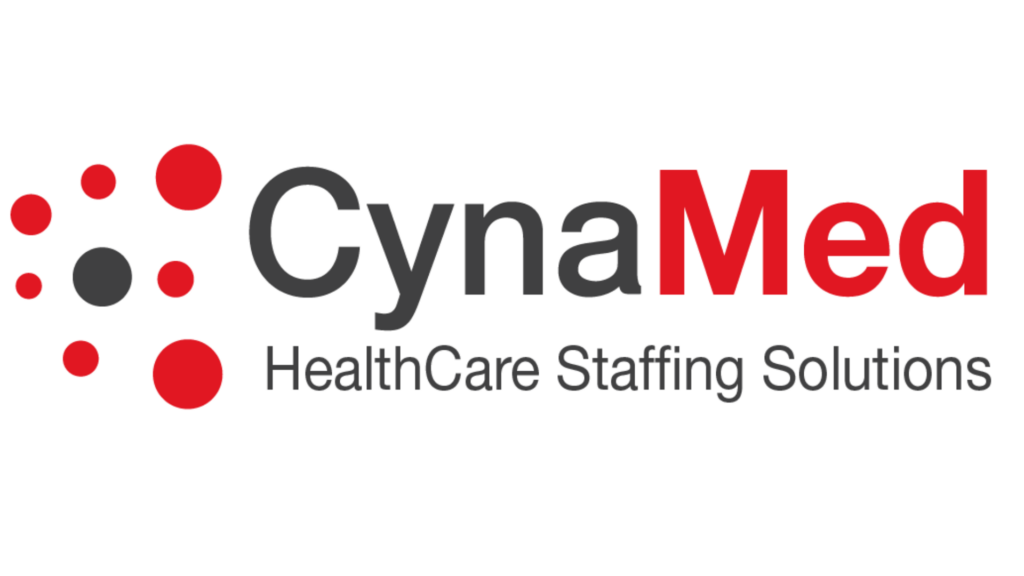Ambulatory care refers to medical services that are provided on an outpatient basis. Some examples include physicians offices, urgent care, dialysis centers, and non-acute surgical centers.
Ambulatory care nurses are most often registered nurses. Due to the nature of ambulatory care, patient conditions are usually mild, so nurses can treat these patients quickly. Thus, nurses may treat very high volumes of patients in a single shift.
What Is Ambulatory Care?
Ambulatory care means diagnosing and treating patients who do not require a hospital facility or hospital-level care. The conditions that patients commonly present with at this setting are non-acute. Some examples may include:
- Outpatient surgical procedures like colonoscopies, tonsillectomy, hernia repair, and cataract surgery
- Mammograms
- Dialysis or infusions therapy
- Routine physicals and doctor visits
In this setting, nurses are responsible for educating patients. This could look like providing information on healthy lifestyle choices, explaining how to administer medications, or giving instructions on how to treat a condition at home. They also perform diagnostic tests and monitor vital signs. In certain settings, ambulatory care nurses may also supervise CNAs. The skills of an exceptional ambulatory care nurse include top-notch communication skills, critical thinking skills, and keen attention to detail.
Interested In Ambulatory Care Nursing? CynaMed Can Help
The nursing field is unique in that it offers almost unlimited possibilities in terms of specialization, work environment and schedule flexibility. If you are interested in becoming an ambulatory nurse, CynaMed can help. We were the first locally-owned healthcare staffing agency in Pittsburgh with Joint Commission accreditation and are currently one of the fastest growing consulting agencies in the area. We look forward to getting to know you so we can connect you with a job that checks all of your boxes. Please feel free to contact us today or visit our FAQ page for more FAQs on nursing.






